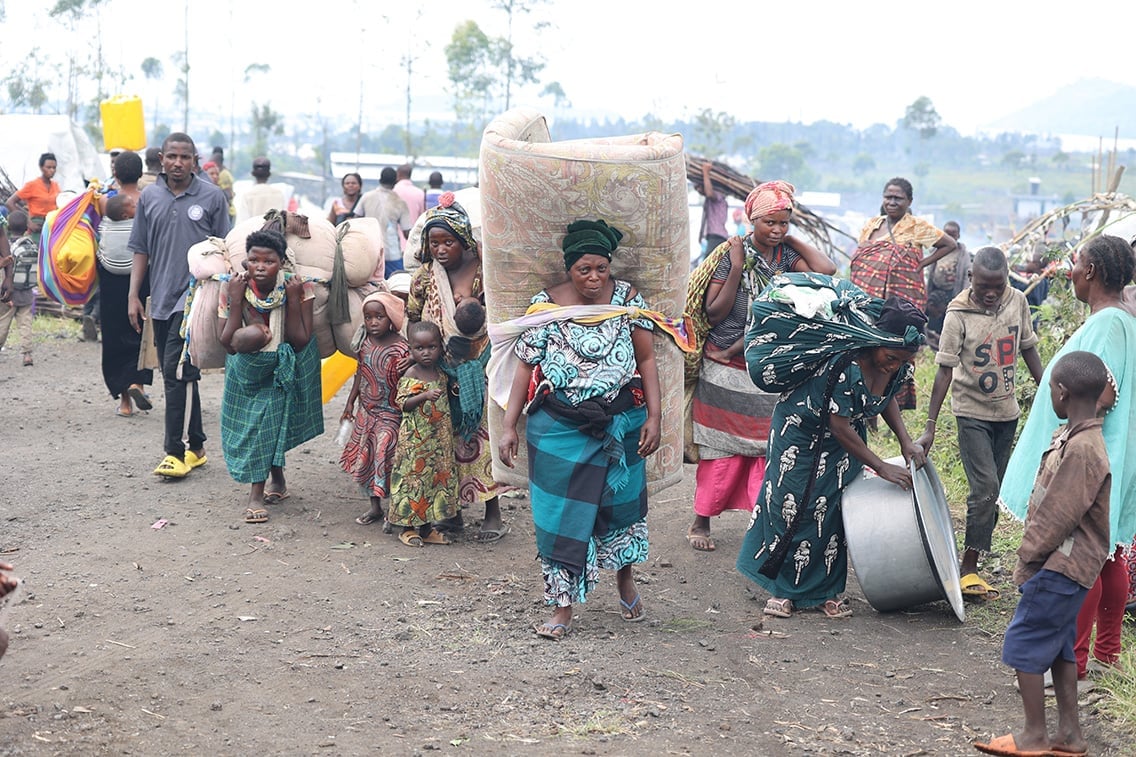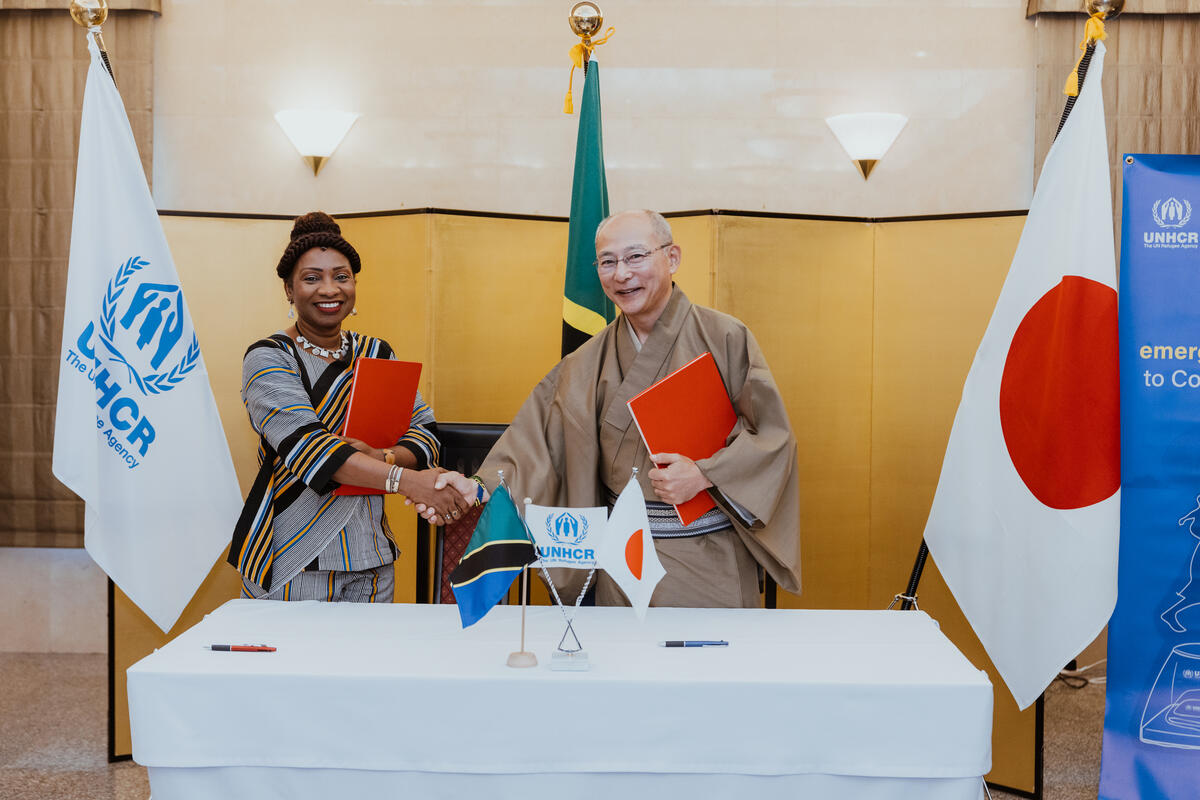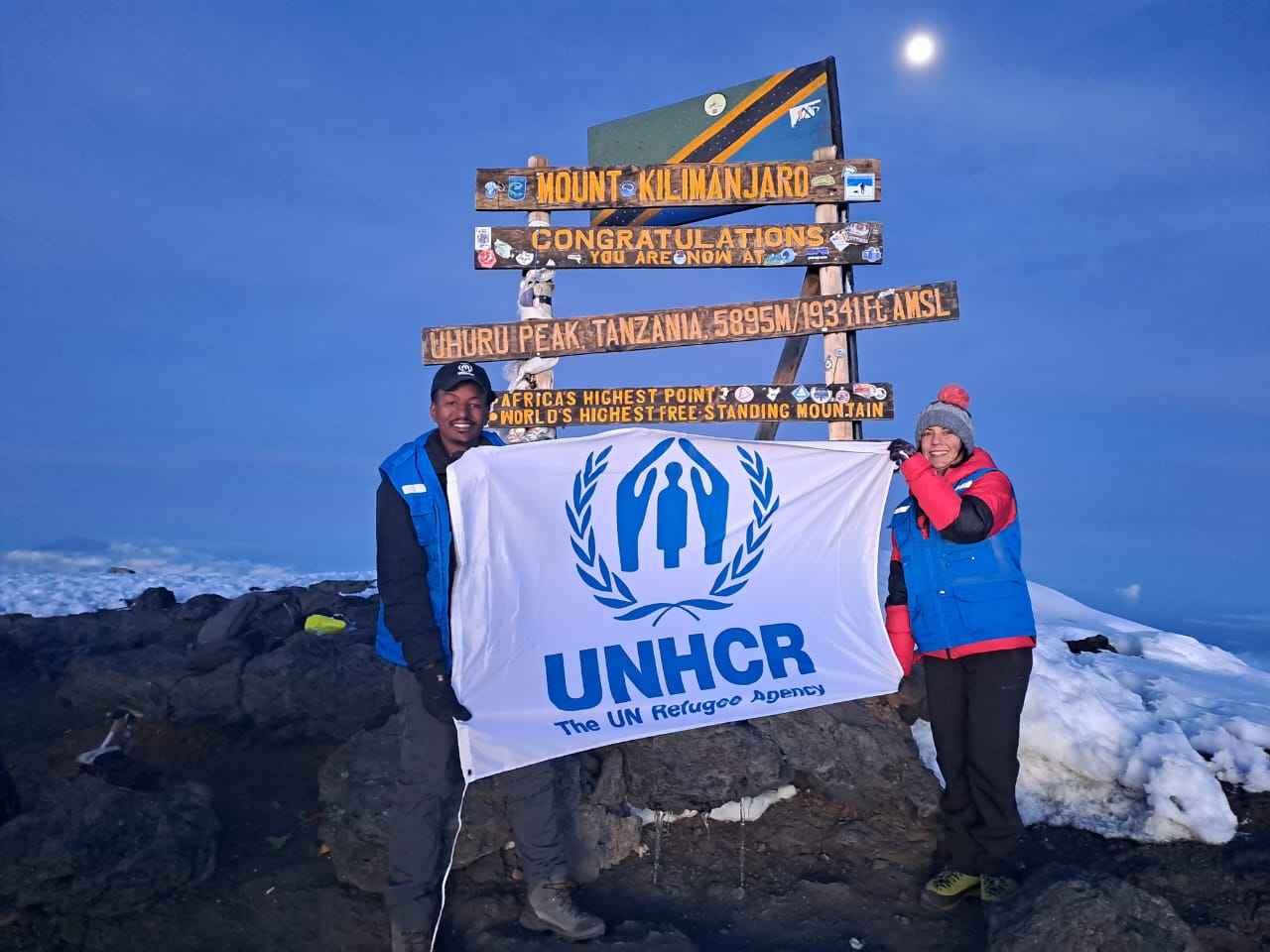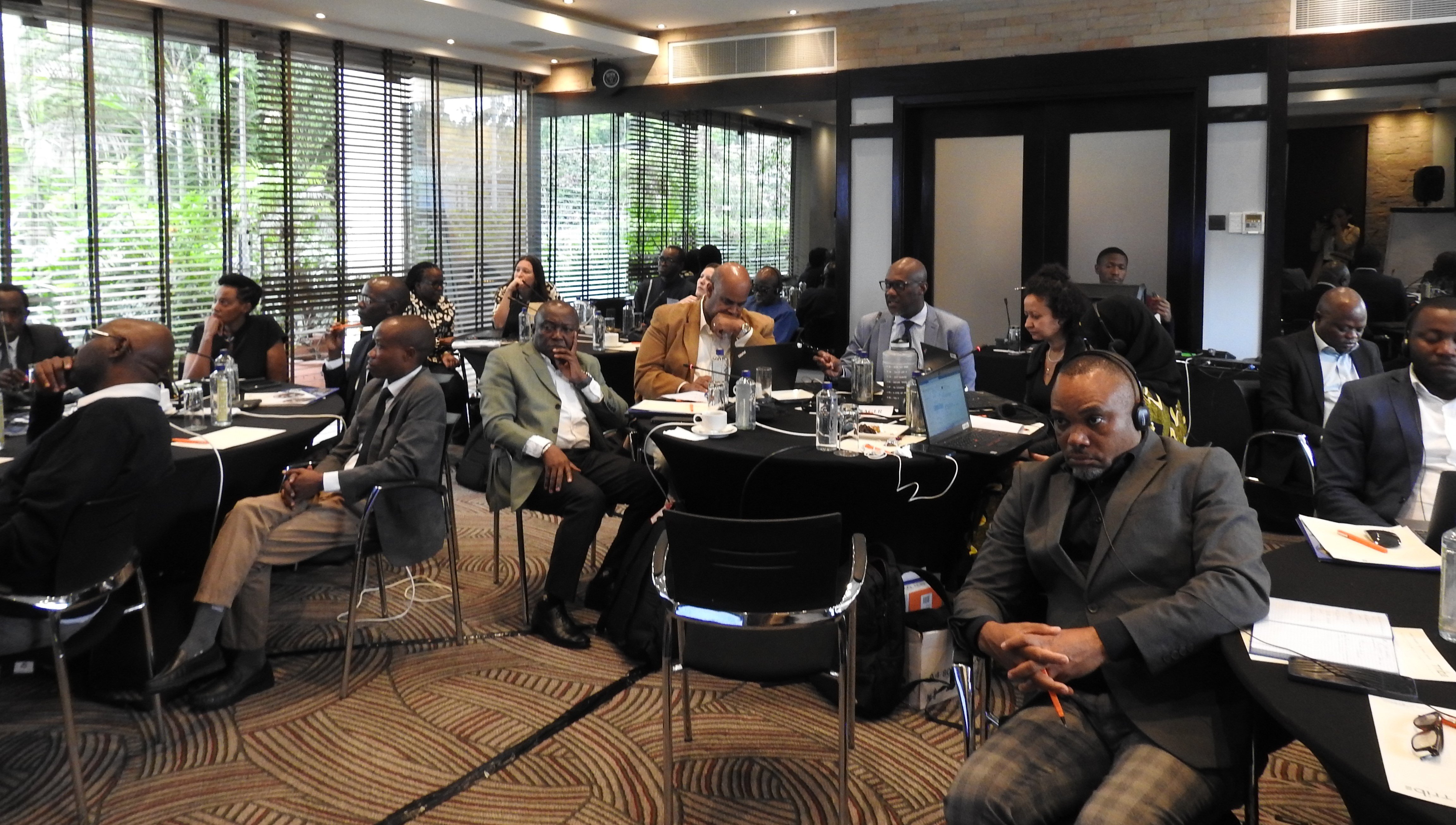A Congolese refugee mother's journey to becoming fearless through technology
A Congolese refugee mother's journey to becoming fearless through technology

Fire runs through her veins as Rehema departs her house in the Nyarugusu refugee camp, north-western Tanzania, early in the morning to support her fellow refugees with computer and technology services.
“All my life, I have been fascinated with how newspapers, cards and the bible come to life,” said Rehema James, a Congolese refugee, wife, and mother of two, as she walked hastily to the computer shop. “I was captivated when I saw someone typing and wanted to learn, so I was so happy when I finally learned and understood computers. It has always been a lifelong dream,” she added.
Raised by her paternal grandmother, Rehema does not remember much of her family. She remembers stories from her grandmother of how her father sheltered people from different backgrounds who had fled militia attacks at the time. Her father was a pastor and her mother a stay-at-home wife, and lived in Makobola village, in eastern DR Congo. They had nine children.
When militias invaded the village in 1999, their family was targeted and many members were killed. Her pregnant mother, cousin, brother and grandmother narrowly escaped the massacre.
“My mother gave birth to me on her way to safety but was forced to give me away to my grandmother, to give me a fighting chance against the militias,” said Rehema. “Unfortunately, she did not make it to the village along the border where we had fled to,” she added.
Despite making it to safety, Rehema’s grandmother hesitated to take her to school as she was still afraid of being targeted. She decided to teach Rehema how to read and write at home in order to keep her safe. That is when, Rehema recalls, her grandmother noticed her interest in technology.
"I was captivated when I saw someone typing and wanted to learn."
Years later, Rehema’s grandmother died leaving her with no connection to home or her other siblings. Together with her cousin, Rehema sought asylum with the support of a concerned neighbour and moved to the Nyarugusu refugee camp.
In the camp, she decided to join a course on hairdressing to learn a new skill and hopefully find a job. However, she still dreamed of pursuing technology.
In 2019, she joined an introductory computer class for three months, which covered various topics on computer software as well as operating hardware. The class was part of an Information Communication Technologies (ICT) course, a digital literacy project in the camp supported by the Danish Refugee Council in partnership with UNHCR, the UN Refugee Agency.

Rehema graduated and was immediately employed in a small computer shop in the camp. She has since become the fastest typist among the five other employees in the shop. She also helps customers with other computer-related need such as printing, laminating, and photoshop, earning additional income.
“Without practice, my knowledge would disappear, and I am grateful I can continue to perfect it here."
According to the Danish Refugee Council, less than 35 per cent of women, both refugees and Tanzanians have graduated from ICT courses since 2020. Moreover, less refugee women enroll in formal education compared to their male counterparts.
“The social orientation and cultural gender roles have contributed to gender disparity in innovation and technology courses implemented in the refugee camp,” explained Edna Omwega, UNHCR’s Community Based Protection Officer in Kigoma
Marking this year’s International Women’s Day, UNHCR together with Tanzania’s Ministry of Home Affairs have planned various activities related to innovation and technology including awareness sessions and a related workshop for refugee women.
“The activities aim to encourage and motivate more female refugees to take the IT course offered in the camp. This will strengthen their networking and job creation opportunities in the country of asylum and their country of origin once they return home,” says Omwega.
UNHCR continues to advocate for durable solutions for both Congolese and Burundian refugees in Tanzania and for the necessary skills needed for livelihoods once they decide to return to their country of origin, resettled to another country, or integrated into the host country.
“I was afraid I wouldn’t be able to learn and understand computers because I didn’t go to school like other refugees.”
Life may not have always been kind to her, but Rehema finds hope and motivation in her deep interest in technology.
“I was afraid that because I didn’t go to school like other refugees, I wouldn’t be able to learn and understand computers and not be able to achieve my dream,” said Rehema. “But now, learning about technology has made me fearless and a modern woman in touch with international issues. Even those who have a formal education still come to me to help them with their computers,” she added.
“I hope to continue to learn more about computers and technology,” she said.









